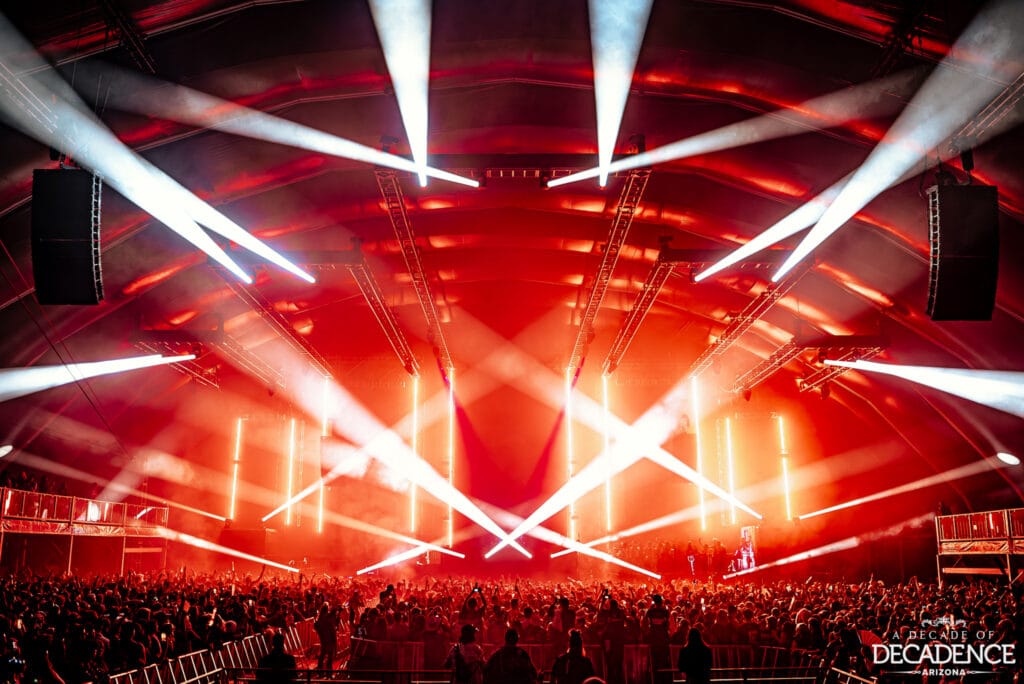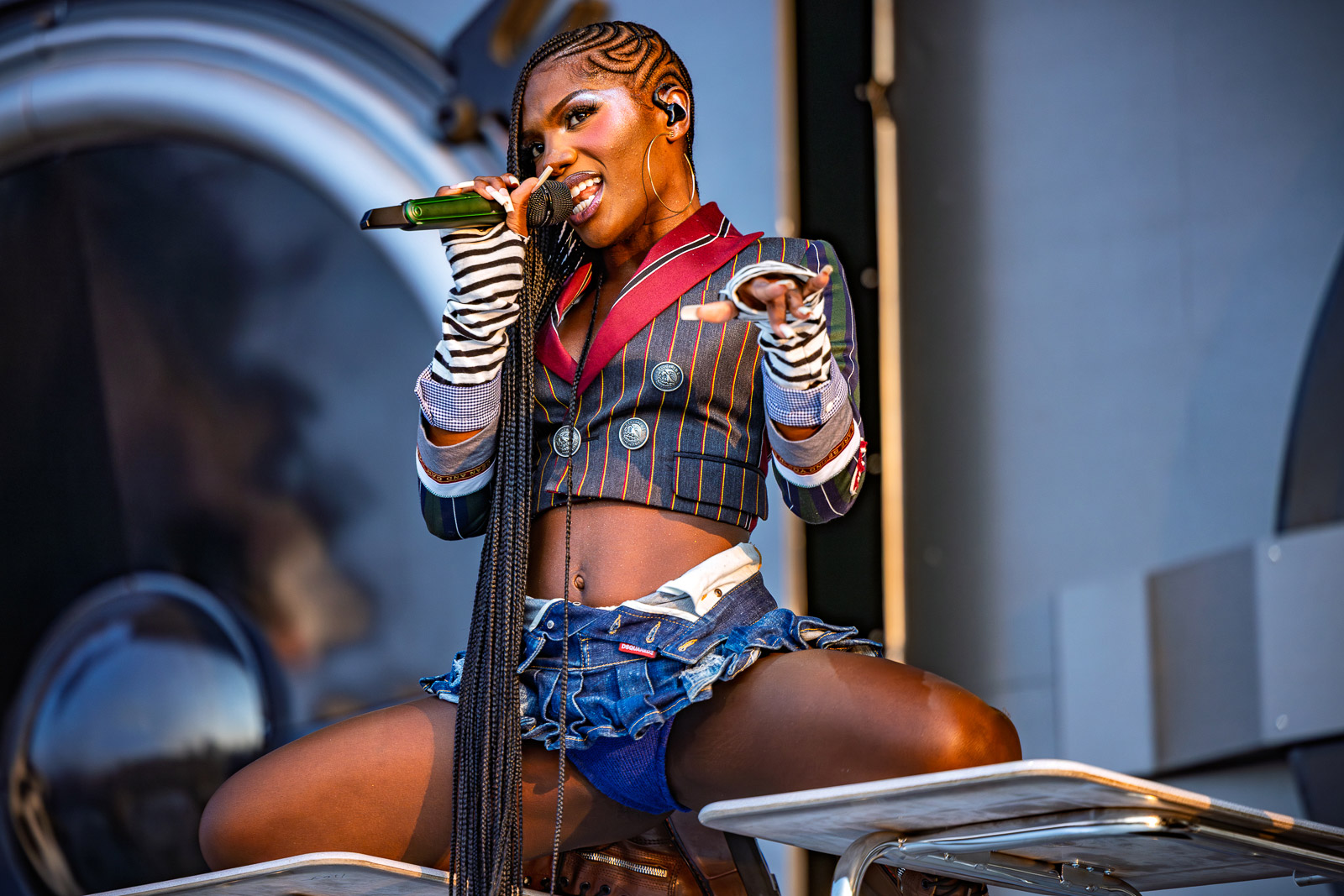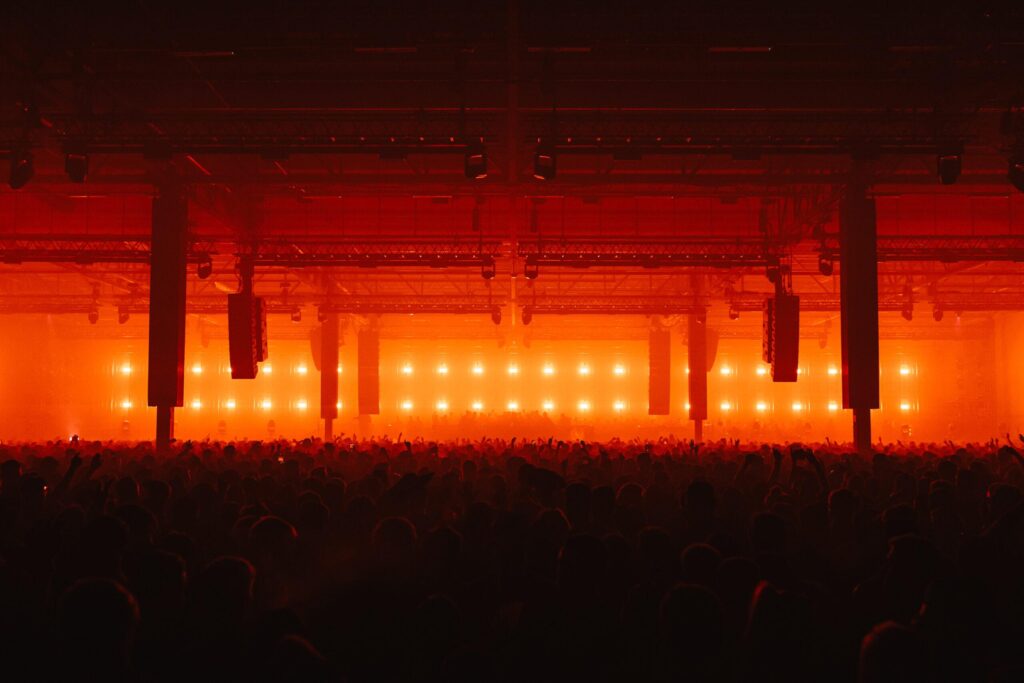From Savages to her solo work the painful intensity she wrings out of her music marries trauma and survival with a stark, artistic clarity. Seeking answers through reinvention.
Beth sets the visceral tone here again beginning with a scream. A declaration announcing she’s back, and clearly she’s not here to offer comfort. “We learn to breathe with a broken rib,” she asserts on the opening track “Broken Rib”, a metaphor that’s as physical as it is emotional. It defines the album’s core with immediate defiance. This feels like a restart and a continuation, evoking the bruising energy of her audacious Savages sound but more focussed, reflecting the personal fractures she’s weathered since her solo debut.
Recorded with longtime collaborator/partner Johnny Hostile, this album leans into its abrasiveness. The cathartic core is brutal and unembellished and is basically saying fight or die, offering little to no comfort. There’s no sugar coating here and Beth’s commentary seems to suggest there wouldn’t be any point.
Standouts like “Obsession” reveal Beth’s appetite for musical collision as guitars stab and vocals tear, turning love into friction and distorting desire. “I need you, I need you!” she snarls, crawling under your skin in this intimate confession that shifts through the gears of aggression and stalking. “No Good For People” repeats its titled mantra over and over, it’s hard to tell though if it’s self critical or a defiant statement of individuality. Most likely both. Ultimately it’s a hit and run jibe succinctly dropping into the mix and leaving before things get too real.
Meanwhile, “High Resolution Sadness” brings a different kind of fury born out of digital dislocation. It pushes back on endless screen scrolling and brain rot by channelling that restlessness into something kinetic, a kind of mosh-pit energy shaped as an antidote for overexposure to screen slop and emotional numbing.
Predominantly Beth navigates a terrain where love, including self love, is neither sanctuary nor surrender but a battleground. It’s post-romantic, love delivers violence where hearts, inevitably, break. That's not seen as a defeat, it’s proof of life, knowing you can still feel something. This is unambiguously summed up in “I See Your Pain” the closing track that observes, but keeps an emotional distance.
Stylistically, You Heartbreaker, You cherry picks at genres, it isn’t punk or art-pop, dance or industrial. It’s an amalgam. Some lyrics dip into abstraction while others cut like shards, but the common thread attempts to be honest. That’s also the album’s risk though, as it occasionally veers close to having a ‘one-note’ intensity. You feel like it could benefit from some strategic quiet, a break or two form the onslaught so that you can catch your breath. But perhaps that would undermine the truth – there is no respite in Beth's urgent declarations.
The album’s relentlessness speaks to a shared vulnerability or collective catharsis. Beth acknowledges the dangers, sometimes with dark humour. You Heartbreaker, You captures a fractured spirit without trite platitudes or a happy ending, because there are no easy solutions to points it raises. The internal healing and examination feel necessary rather than naval gazing. But when that’s directed outwards, when it tries to crack you open, checking whether you’re still alive, it feels cold. Some will see it as cathartic and welcome, whereas others may just be disconnected by the process. This seemingly brutal separation of the wheat from the chaff won't necessarily sit comfortably with all listeners, but I guess that’s exactly the point.

 16 hours ago
4
16 hours ago
4


















 English (US) ·
English (US) ·